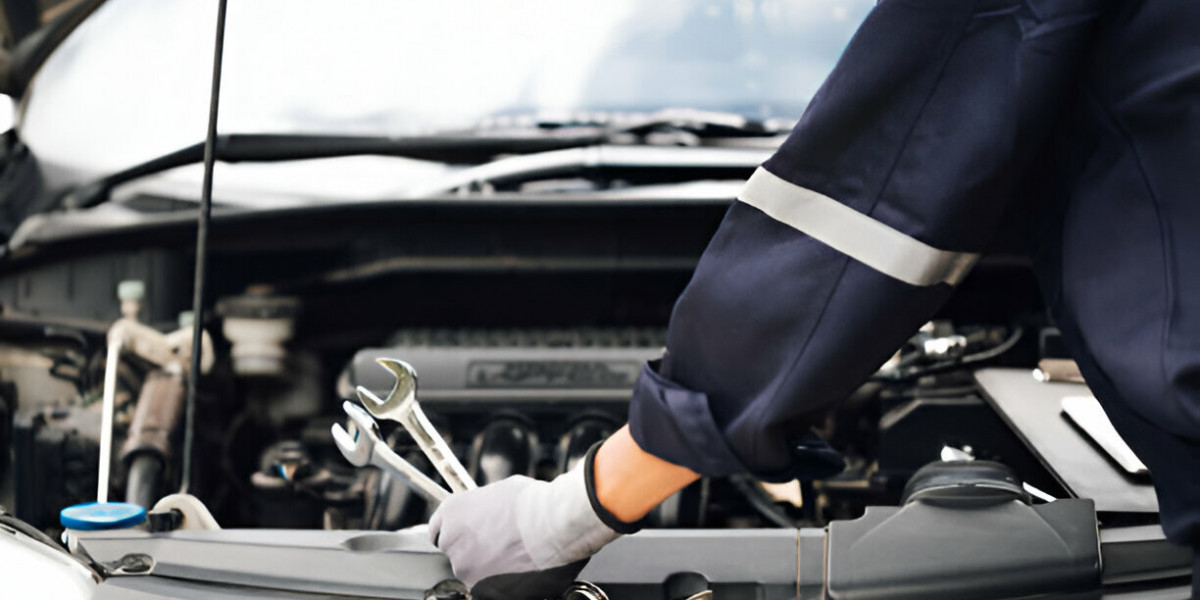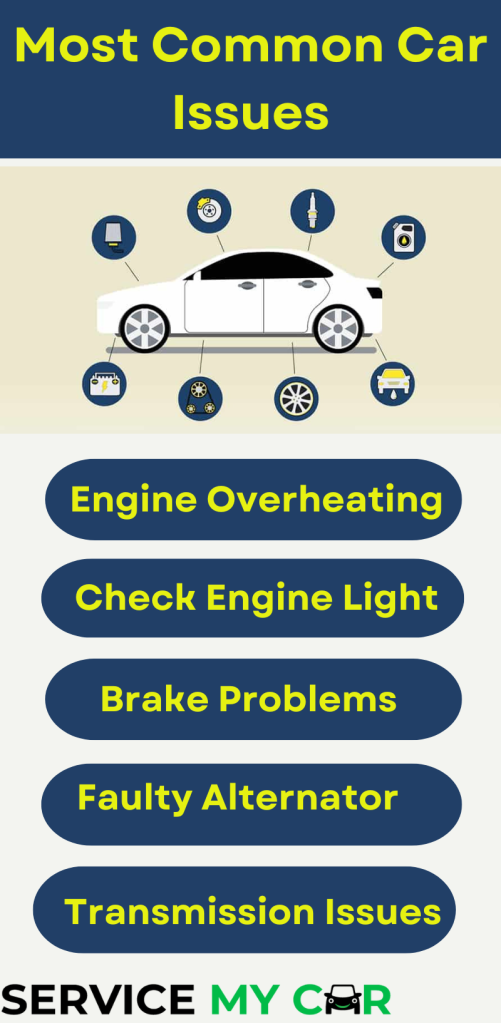
Owning a car can be both a convenience and a headache. While it provides freedom and mobility, dealing with car issues can quickly become frustrating. From strange noises to unexpected breakdowns, there are several common car problems that many drivers encounter. However, understanding these issues and knowing how to fix them can save you time, money, and stress in the long run.
1. Engine Overheating
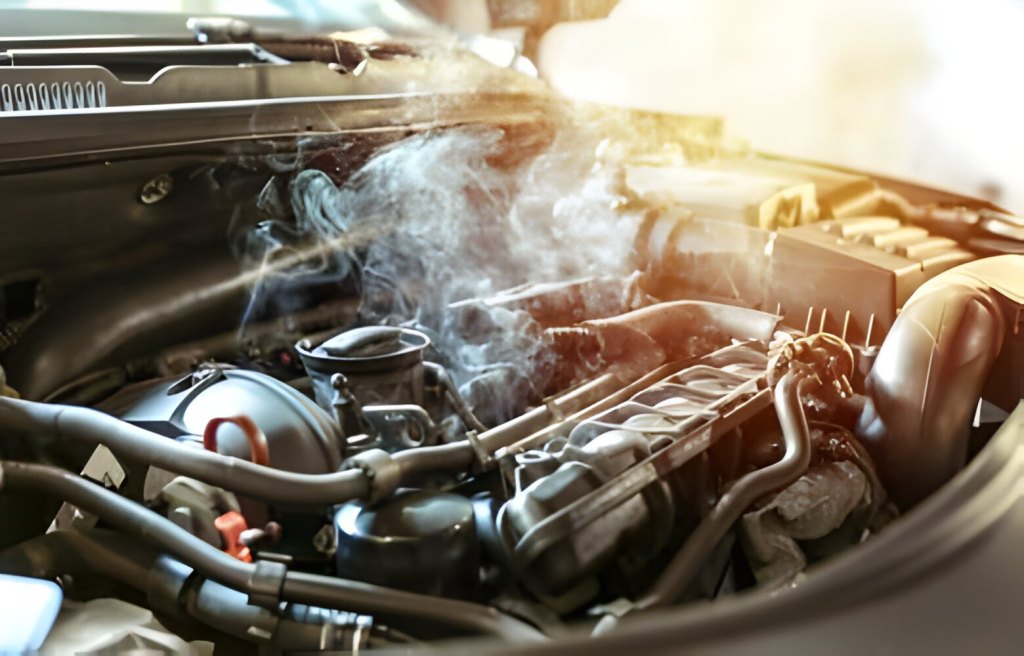
One of the most common car problems is engine overheating. This issue can be caused by various factors, including a lack of coolant, a malfunctioning thermostat, or a faulty radiator fan. If your car's temperature gauge starts to climb into the red zone, it's essential to address the issue immediately to prevent serious damage to the engine.
How to Fix It: Pull over to a safe location and turn off the engine. Allow the car to cool down before checking the coolant levels. If the coolant is low, refill it with the appropriate type recommended by your vehicle's manufacturer. You should also inspect the radiator hoses for any leaks or damage.
2. Flat Tires
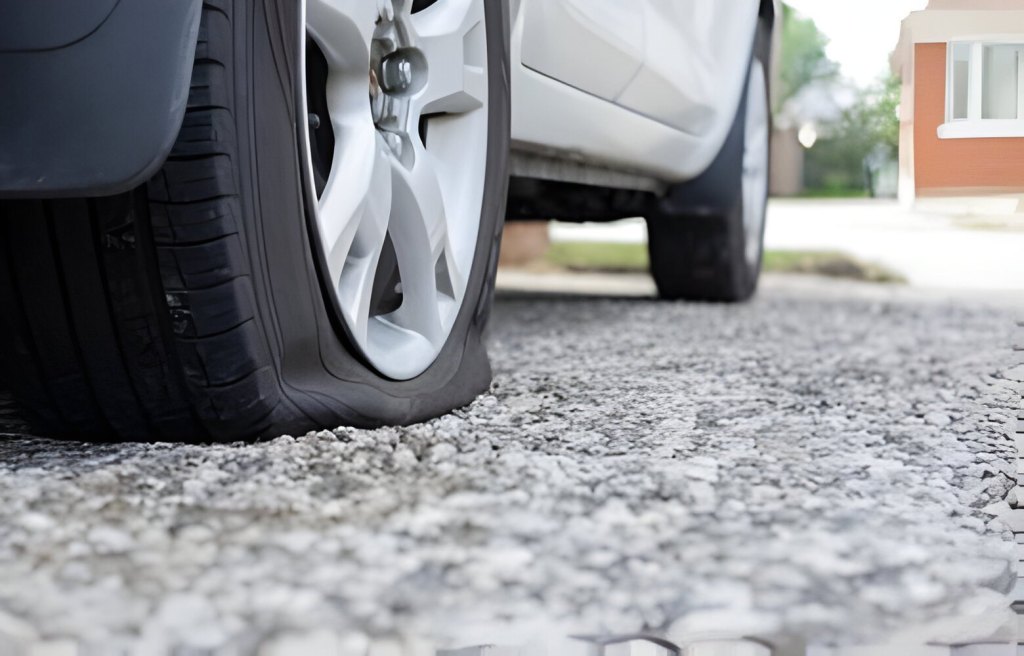
Flat tires are a common occurrence for drivers, especially if you frequently drive on rough roads or encounter debris on the highway. While a flat tire can be inconvenient, knowing how to change it yourself can save you time and money on roadside assistance.
How to Fix It: Start by locating the spare tire, jack, and lug wrench in your vehicle. Loosen the lug nuts, raise the car with the jack, remove the flat tire, and replace it with the spare. Tighten the lug nuts in a star pattern to ensure even distribution of pressure.
3. Dead Battery
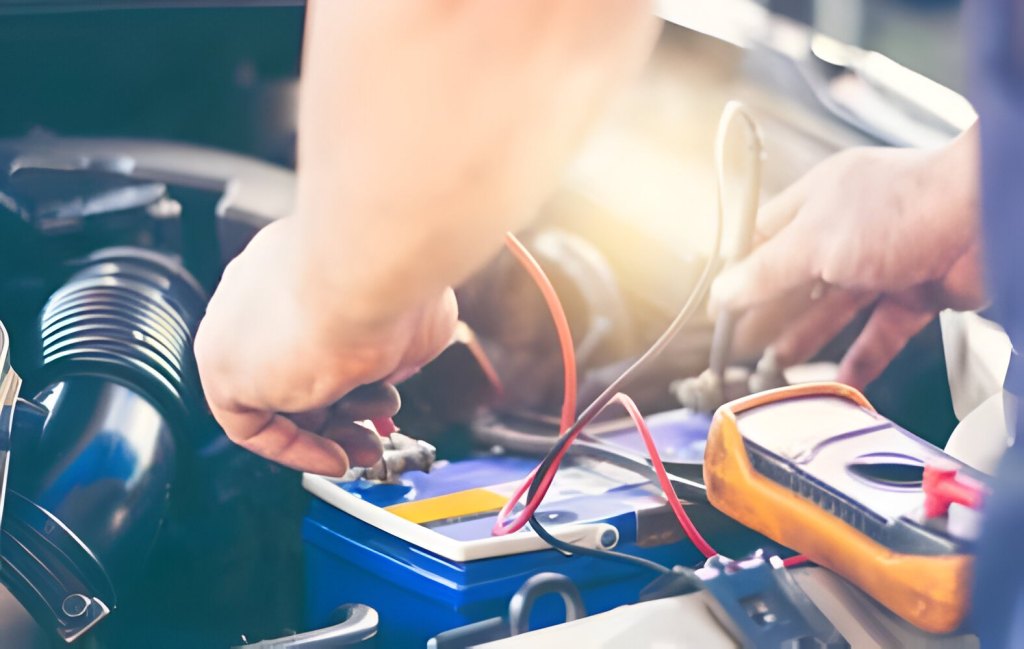
Few things are more frustrating than getting into your car, turning the key, and hearing nothing but a faint clicking sound. Dead batteries are a common issue, especially in older vehicles or extreme weather conditions.
How to Fix It: If you have jumper cables and access to another vehicle, you can jump-start your car by connecting the cables to the positive and negative terminals of both batteries. Once the dead battery has enough charge, attempt to start your car. Consider replacing the battery if it continues to lose charge frequently.
4. Check Engine Light
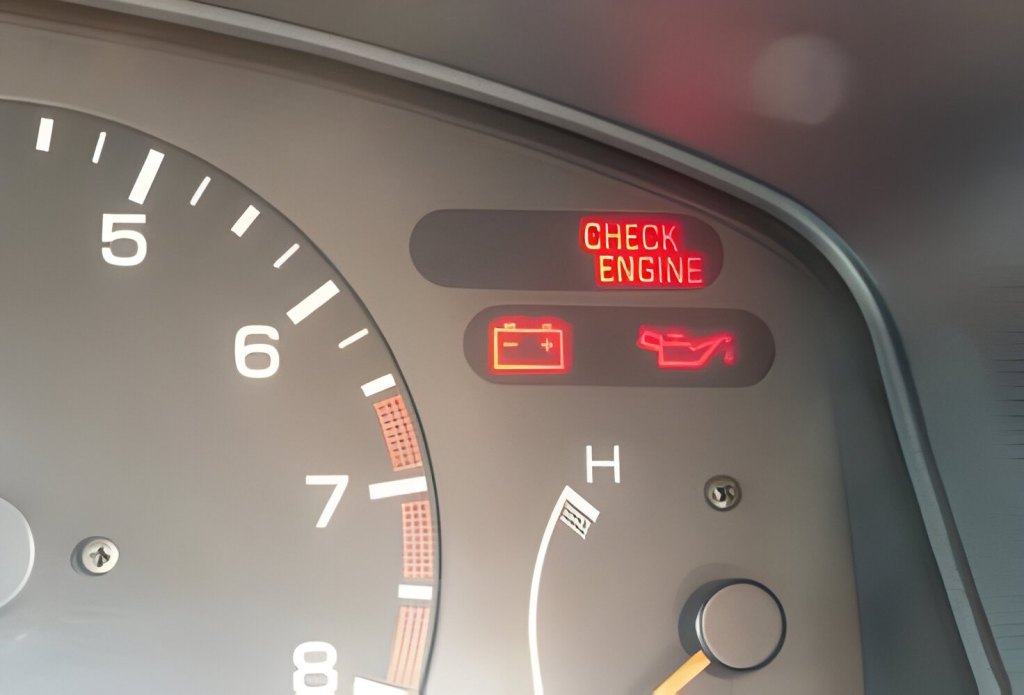
The dreaded check engine light can indicate a wide range of issues, from minor malfunctions to serious engine problems. Ignoring this warning light can lead to further damage and costly repairs down the line.
How to Fix It: Visit a mechanic or use an OBD-II scanner to diagnose the specific issue triggering the check engine light. Common causes include a loose gas cap, faulty oxygen sensor, or catalytic converter failure. Addressing the underlying problem promptly can prevent further damage to your vehicle.
5. Brake Problems
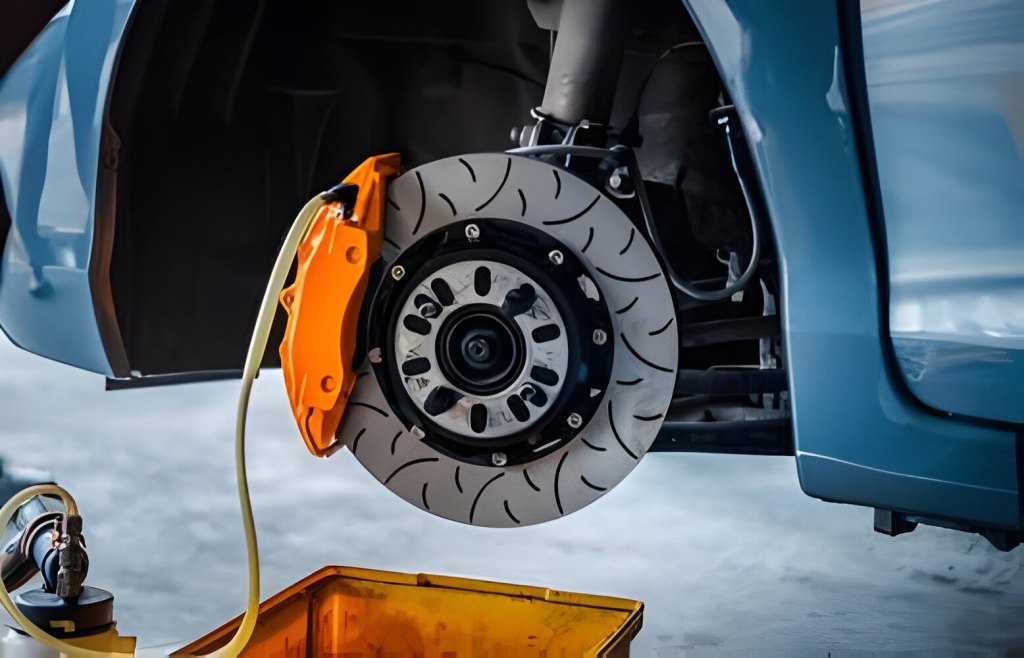
Brake issues can compromise your safety on the road and should be addressed immediately. Common signs of brake problems include squealing noises, spongy brake pedals, or a vibrating steering wheel when braking.
How to Fix It: Inspect the brake pads and rotors for wear and tear. If the pads are worn down or the rotors are warped, they will need to be replaced. Brake fluid levels should also be checked regularly, and any leaks should be repaired promptly.
6. Transmission Issues
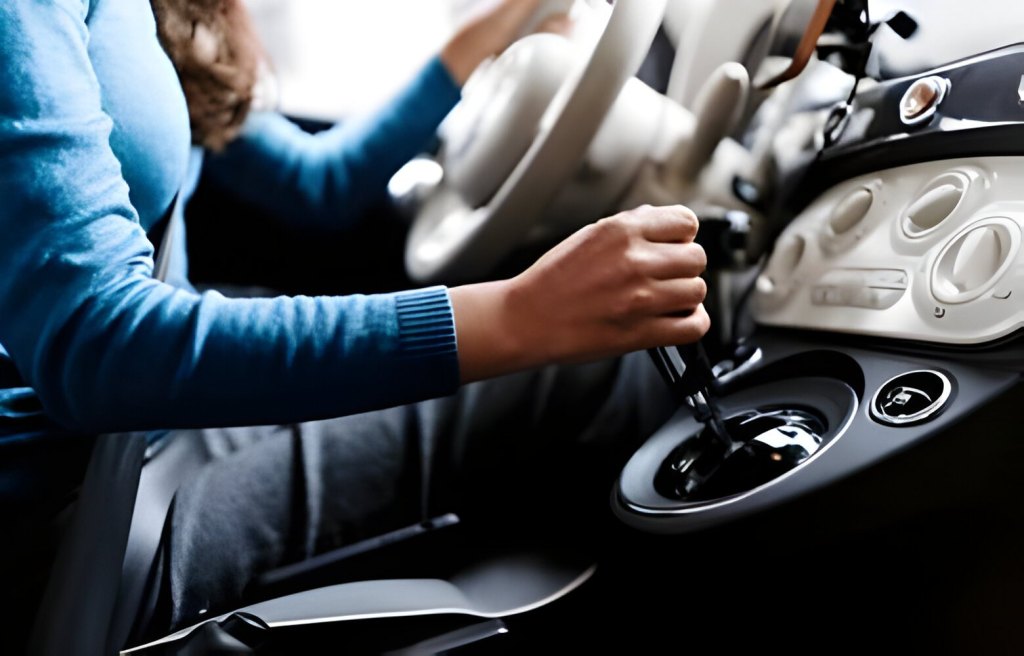
Transmission problems can manifest in various ways, including difficulty shifting gears, strange noises, or leaking fluid. Ignoring transmission issues can result in complete transmission failure, which is both expensive and time-consuming to repair.
How to Fix It: Have your transmission inspected by a qualified mechanic if you notice any signs of trouble. Regular maintenance, such as fluid flushes and filter replacements, can help prolong the life of your transmission and prevent costly repairs.
7. Faulty Alternator
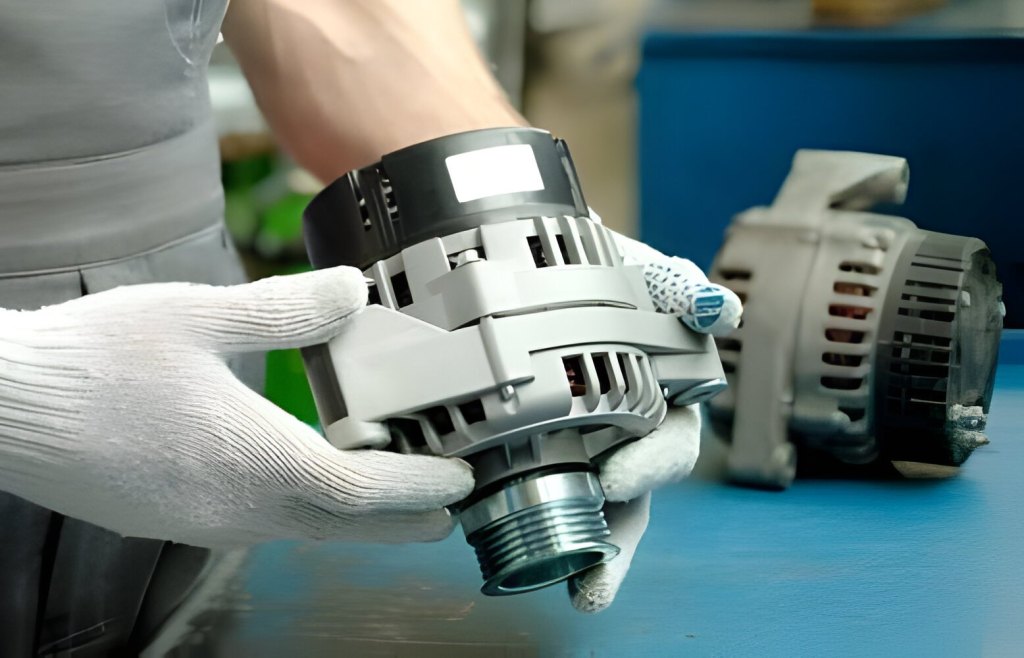
The alternator is responsible for charging the battery and powering the electrical systems in your car. A faulty alternator can lead to a dead battery, dimming headlights, or electrical malfunctions.
How to Fix It: If you suspect a faulty alternator, have it tested by a professional mechanic. Depending on the extent of the damage, you may need to replace the alternator to restore proper function to your vehicle's electrical system.
8. Air Conditioning Problems
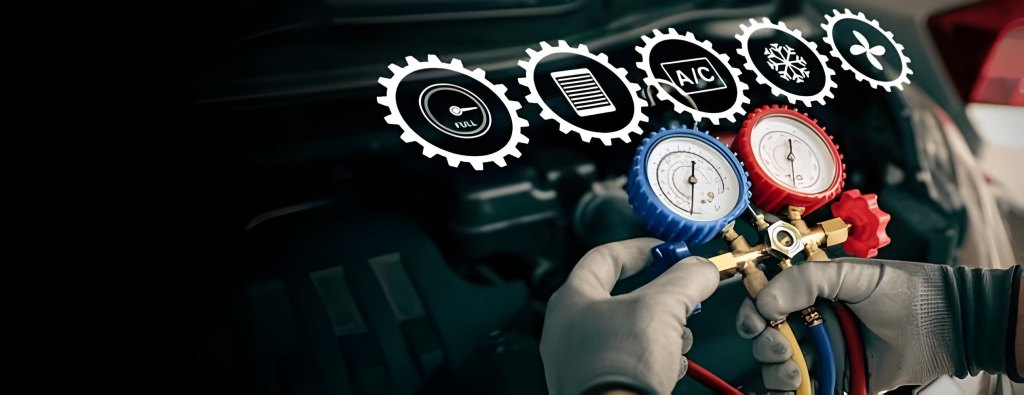
A malfunctioning air conditioning system can make driving uncomfortable, especially during hot summer months. Common issues include blowing warm air, strange odors, or unusual noises coming from the vents.
How to Fix It: Check the refrigerant levels and inspect the A/C compressor for any signs of damage. Recharging the system with refrigerant or replacing faulty components can help restore proper cooling function to your car's A/C system.
9. Electrical Problems
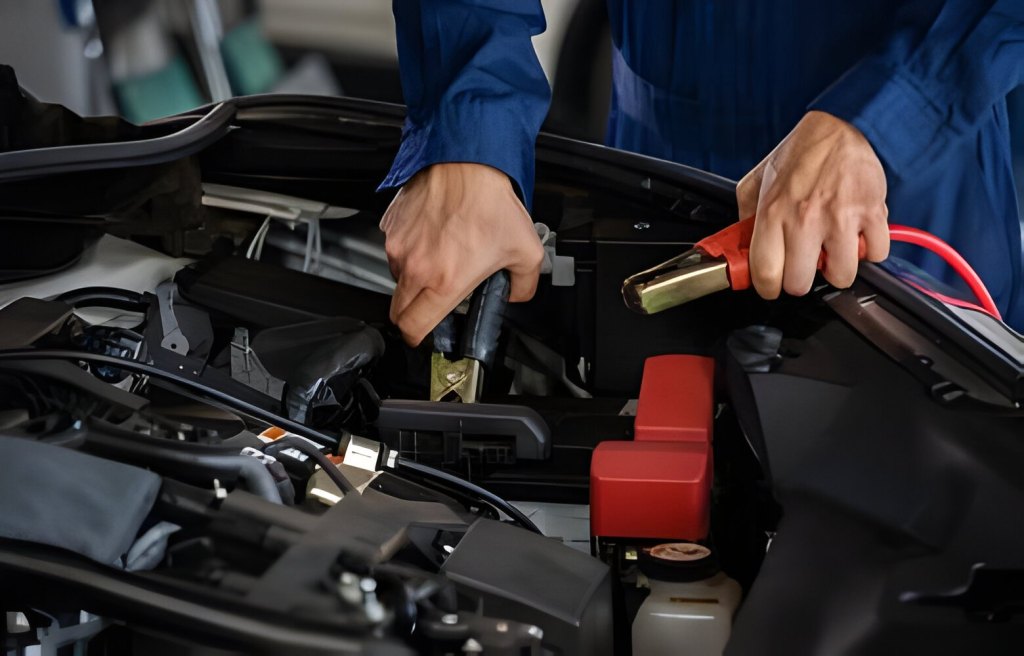
Electrical problems can manifest in various ways, from a malfunctioning power window to a faulty stereo system. These issues can be frustrating to diagnose and repair but are often caused by loose connections, blown fuses, or faulty wiring.
How to Fix It: Start by checking the vehicle's fuses and relays for any signs of damage or corrosion. Inspect the wiring harnesses for loose connections or exposed wires. If you're unable to identify the problem, consult a professional auto electrician for assistance.
10. Exhaust System Leaks
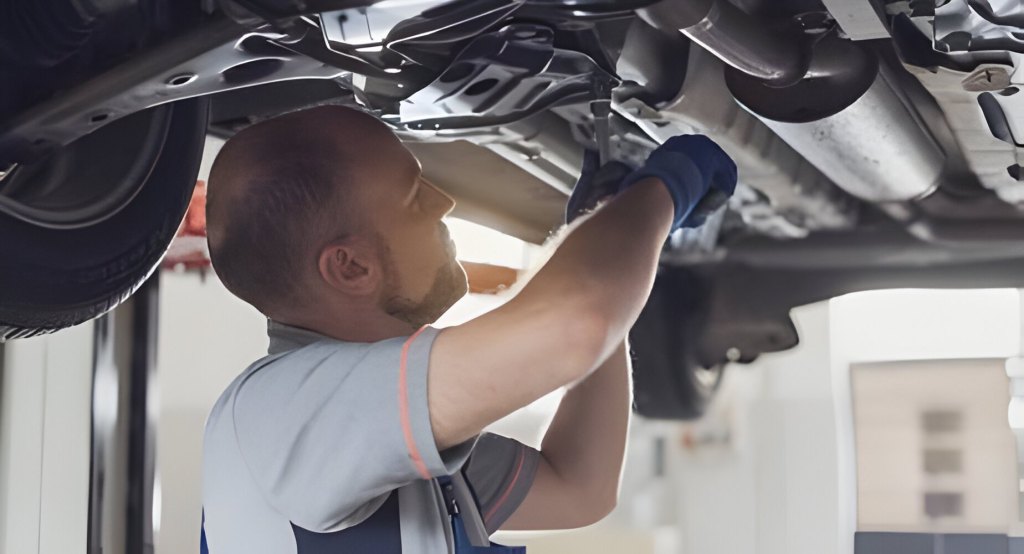
Exhaust leaks can pose serious health risks due to the release of toxic gases such as carbon monoxide. Common signs of an exhaust leak include loud noises, foul odors, or reduced fuel efficiency.
How to Fix It: Inspect the exhaust system for any signs of damage or corrosion, paying close attention to the exhaust manifold, catalytic converter, and muffler. Replace any damaged components and ensure that all connections are tight and secure.
How Service My Car Assist You?
Looking for top-notch Alfa Romeo repair in Dubai? Trust Service My Car to cater to all your automotive needs with precision and expertise. Our skilled technicians specialize in delivering meticulous repairs, ensuring your Alfa Romeo runs smoothly on the roads of Dubai. From routine maintenance to complex repairs, we've got you covered. Experience unparalleled service and reliability when you choose Service My Car for your Alfa Romeo repair needs in Dubai. Drive with confidence knowing your vehicle is in capable hands.
In conclusion, while encountering car issues can be frustrating, knowing how to address them can save you time, money, and stress in the long run. By understanding the most common car problems and how to fix them, you can keep your vehicle running smoothly and avoid costly repairs. Regular maintenance and proactive troubleshooting are key to ensuring a safe and reliable driving experience.
